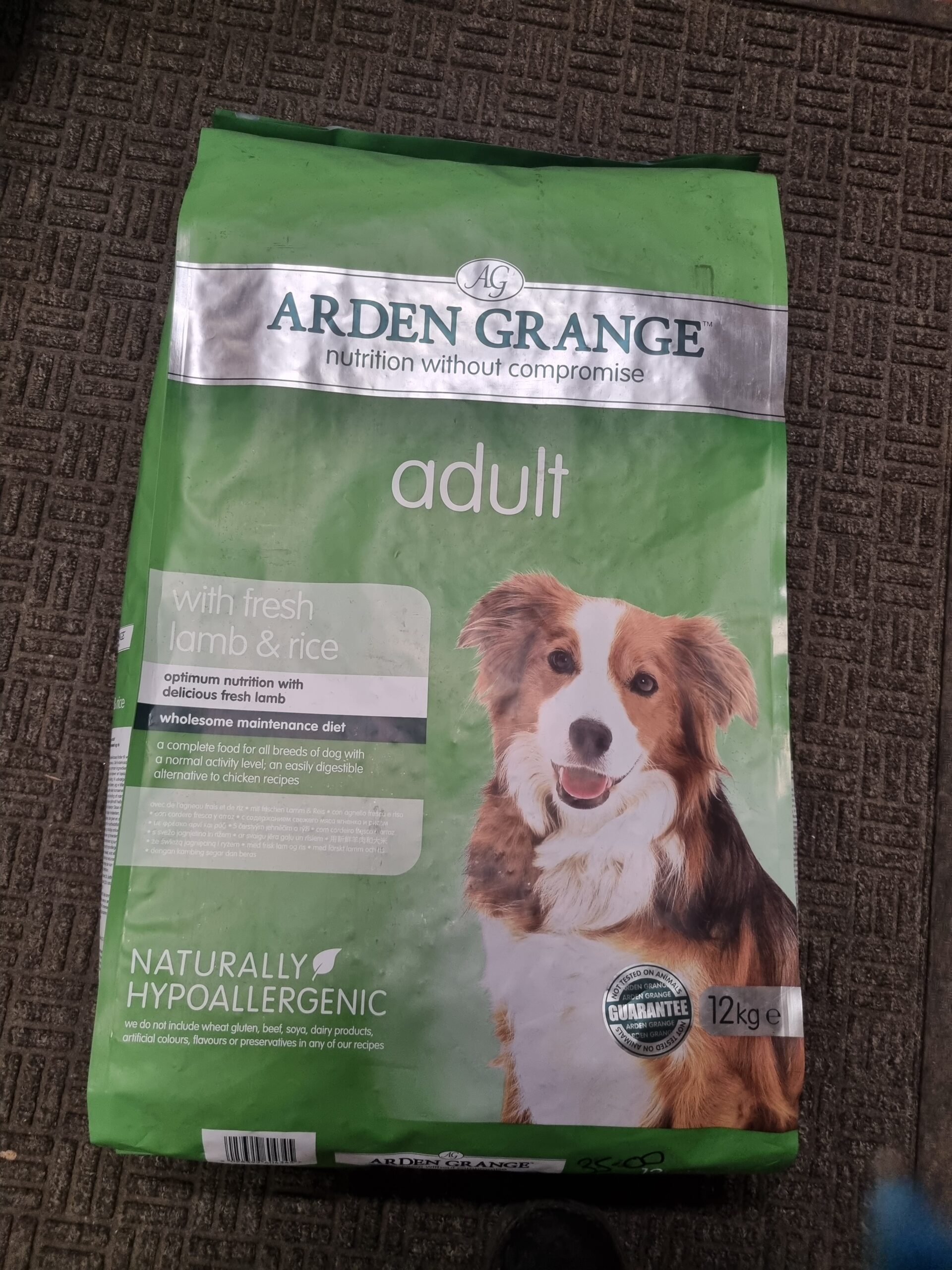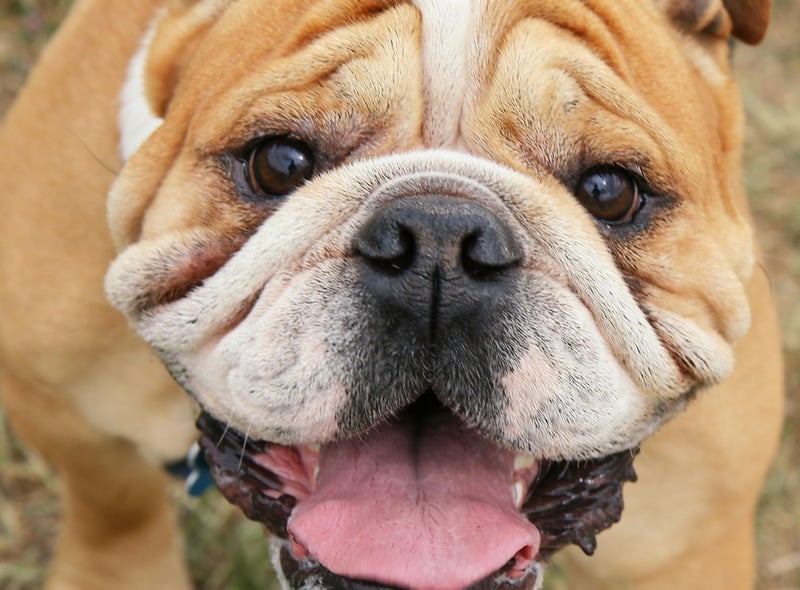
The Havanese, which is a bichon dog, is Cuba's National Dog. It is a descendant of the extinct Blanquito De la Habana, and the Bichon Tenerife. They make great companions, are good at retrieving, guarding, and even working.
Can a companion dog be a good friend?
The Havanese dog is active and energetic. Although small and stubby, this breed can be highly trained and intelligent. They enjoy playing with other dogs and going on walks. They also excel at agility courses, and they make excellent watchdogs.
The Havanese can be a wonderful companion dog. They are friendly and enjoy spending time with their owners. They love to perform tricks such as jumping through a hula hoops or climbing up balance beams. Although they need to be groomed often, their love and companionship are well worth it.
Legg-Calve-Perthes
Legg-Calve-Perthes is a degenerative joint disease in the hip area of the Havanese. The disease can cause arthritis, lameness, and muscle atrophy. The treatment options include surgery. Treatment depends on how severe the disease is. Mild cases may respond to pain medication or medical therapy. You should note that overweight dogs are at higher risk for developing the disease.

Legg Calve-Perthes is an inheritance condition. An inadequate blood supply causes the head to degenerate. In severe cases the knee cap can become detached, causing pain and limited mobility. This condition is most common in children. It's more common in white children.
Health issues
Havanese dogs require special health care. Your veterinarian can help you determine what vaccinations your pet requires. You can start the vaccines as early as six weeks of age. Checking your dog for any other health issues such as genetic disease may be a good idea. A veterinarian can provide preventative products, such as tick and flea medications. These medications can be applied to dogs' skin based on their weight.
The Havanese breed also has joint and bone issues. Chondrodysplasia punctata, for example, results in uneven growth of the legs and may lead to limping. Legg Calve Perthes, another issue that affects health, can cause arthritis and joint pain. Havanese may also be affected by patellar luxation (or elbow joint slippage). Havanese could also have liver shunt, which can cause toxins to build-up in the heart.
Care
Heart failure is one of the most common causes of death for Havanese puppies in their golden years. Keep your pet's heart well-monitored. A weakening in one of the heart valves is the most common cause of heart disease in dogs. This causes blood to leak around the valve, straining and straining the heart. If your pet's heart murmurs, you can determine if they have heart valve disease. Basic tests can help rule out heart disease or irregular heartbeats. A veterinarian will make recommendations for the best treatment for your dog's specific needs.
It is essential to take care of your Havanese's eyes in order for them to stay healthy. Eye care for Havanese can help prevent vision loss and relieve discomfort. The range of eye problems dogs may experience is from chronic eye discomfort to corneal injuries. There are many treatments available.
Grooming

Habanese grooming has many important elements. First, consider the length of the coat. The Havanese are famous for their long silk coat. This coat consists of a shorter undercoat and a longer outer coat. The outer coat can be straight or curled and can also be wavy. It can also be any color.
Havanese must be groomed on a daily basis. It should be brushed or sprayed daily with a fine mist sprayer. The coat should be brushed dry, not wet. Brush your dog's hair all the way to the skin.
FAQ
What kind of food should my dog eat?
It is important to give your dog a healthy diet.
There are many protein-rich foods, including chicken, beef (fish), eggs, and dairy.
Other foods high in carbohydrates include vegetables, fruits, breads, cereals pasta, rice, potatoes and beans.
A variety of foods that are low-fat include lean meats (poultry, fish), nuts, seeds, legumes, and whole grain.
Before you give your dog different foods, make sure to consult your veterinarian.
What are your considerations when choosing a pet to own?
Consider what lifestyle you want for your family and yourself. Do you have kids? Do you have children? Are they still young? Are there any special dietary preferences?
Do you have any allergies? Is there anything you need to know more about your pet
After answering these questions, consider whether you are looking for an active companion or a calm lap dog, a house-trained pet, or a tank of tropical fish.
Adopting a puppy is a great idea. Make sure to visit a rescue or shelter group so you can get to know the animals and feel at ease with them.
It is also important to check if the animal was vaccinated against other diseases and rabies.
Ask the owner if they will care for the pet while you are away. This way, you won't have to worry about leaving your pet at home alone.
Remember that pets are part of the family, and you shouldn't adopt one unless you really like him or her!
What are the signs that my dog could be sick?
A variety of symptoms may indicate that your dog has a serious illness. These symptoms include:
-
Vomiting
-
Diarrhea
-
Lethargy
-
Fever
-
Weight loss
-
A decreased appetite
-
Coughing
-
Difficulty breathing
-
Bleeding from behind the nose
-
Stool or urine contaminated with blood
These are only a few examples. Your vet will tell you what to be on the lookout for.
How often should I bathe my dog?
Grooming your dog will make him happy. Grooming your dog helps to maintain his coat, and it keeps him clean.
You should brush your dog at least twice per week. After each meal, you should brush your dog.
Your dog's fur can be cleaned by brushing it. This will get rid of dirt and hair. Brushing his teeth can make him look younger.
Brushing his ears regularly will prevent ear infections.
What is the best pet?
The best pet you can have is the one you love. There is no one right answer. Each person will have his or her own opinion on which pet is best.
Some people believe that cats can be more loving than dogs. Others say that dogs are more loyal and loving. Some argue that birds are the best pet.
Regardless of the type of pet that you decide to get, it is important that you determine what type of pet best suits you.
A dog is the best choice for someone who is outgoing, friendly, and affectionate. A cat is the best choice for you if you are shy or reserved.
You should also consider the size and layout of your home. If you have a small apartment, you will need a smaller pet. You'll need more space if you have a larger home.
Don't forget to give your pet lots of love and attention. Pets need to be fed frequently. They must be taken on daily walks. They should be brushed and cleaned.
Knowing all these details will allow you to choose the best pet possible.
Should I spay/neuter/neuter a dog?
Yes! It is important to spay and neuter your dog.
It not only reduces unwanted puppies around the world but also lowers the risk of some diseases.
Female dogs are more likely to get breast cancer than male dogs.
Males are at greater risk for testicular cancer than their female counterparts.
It is also a good idea to spay or neuter your pet so she doesn't have babies.
Which of the two is more difficult to train: dogs or cats?
The answer is both. It all depends upon how you approach training them.
If you give them treats for doing what they're supposed to do, they'll learn faster. They'll learn to ignore you if they don't listen.
There is no right answer. You need to determine the best way of teaching your cat or dog.
Statistics
- A 5% affiliation discount may apply to individuals who belong to select military, law enforcement, and service animal training organizations that have a relationship with Nationwide. (usnews.com)
- It's among a relatively few companies that provide policies with a full (100%) coverage option, meaning you are not responsible for any co-payment of bills. (money.com)
- For example, if your policy has a 90% reimbursement rate and you've already met your deductible, your insurer would pay you 90% of the amount you paid the vet, as long as you're still below the coverage limits of your policy. (usnews.com)
- Reimbursement rates vary by insurer, but common rates range from 60% to 100% of your veterinary bill. (usnews.com)
- Monthly costs are for a one-year-old female mixed-breed dog and an under one-year-old male domestic shorthair cat, respectively, in excellent health residing in Texas, with a $500 annual deductible, $5,000 annual benefit limit, and 90% reimbursement rate. (usnews.com)
External Links
How To
How to train your pet dog
A pet dog can be considered a companion animal who offers emotional support and companionship for its owner. It may also provide protection from predators and other animals.
It is important that pet dogs are trained to obey their owners and do tasks like fetching things, guarding against intrusions, following commands and performing tricks.
The average training period lasts six to two years. The owner teaches the dog basic obedience skills such as how to sit, lay down, stay, come on command, roll over, and walk on command. The owner also teaches the dog how to use basic commands and to respect the dog's natural instincts.
In addition to teaching the dog these basic behaviors, the owner should teach the dog not to bite people or other animals and to respond appropriately to strangers and other unfamiliar situations.